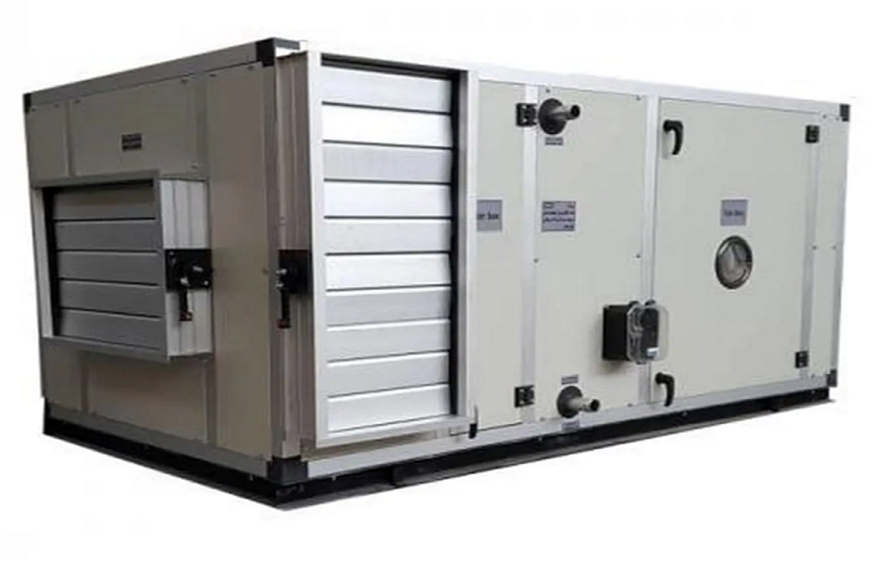
An air washer is one of the most practical HVAC devices, widely used in industrial, commercial, and certain residential projects to provide clean air while controlling temperature and humidity levels.
In this article, we’ll explore everything you need to know about air washers, like how they work, their applications, advantages, disadvantages, and how they compare to other air-conditioning systems.
What Is an Air Washer?
An air washer is a device that filters, cools, or slightly heats the air using water.
This system combines air-washing and surface evaporation processes to modify air temperature and humidity.
Air washers are dual-function HVAC units that provide both cooling and heating. They consume less water, are lightweight, easy to install, and distribute air evenly with low maintenance costs.
Unlike traditional air conditioners that operate with compressors and refrigerants, air washers rely mainly on evaporative and water-based heat exchange.
Main Components of an Air Washer
An air washer consists of several key parts, each serving a specific purpose:
- Fan or Blower: Draws air in and distributes it into the space.
- Water Spray Nozzles: Atomize and disperse water into fine droplets within the chamber.
- Filters: Remove dust, contaminants, and suspended particles from the air.
- Water Pump: Supplies the necessary pressure to the nozzles and circulates water through the system.
- Water Tank and Control Equipment: Collect, reuse, and monitor water and system parameters.
Applications of Air Washers in HVAC
Due to their simple structure, low energy consumption, and efficient performance, air washers are used in a wide range of projects, including:
- Manufacturing industries and factories
- Greenhouses and livestock or poultry farms
- Sports halls, cultural centers, and auditoriums
- Schools, mosques, and public buildings
- Special residential projects
Advantages of Air Washers
Air washers provide precise temperature control, low energy use, and fresh, humidified air without indoor refrigerant piping.
They also support multi-zone operation for independent temperature control in separate areas.
Key advantages include:
- Fast installation
- Low energy consumption (no compressor)
- Improved air quality through washing and filtration
- Effective humidification
- Compatibility with other systems like hot-water coils or chillers
- Low maintenance cost due to simple components
In summary, an air washer is a practical, cost-effective alternative to complex HVAC systems, offering multiple advantages.
Disadvantages of Air Washers
Despite their advantages, air washers have limitations: lower cooling capacity than chillers, unsuitability for humid or crowded areas, need for sufficient installation space, and potential for corrosion or scaling over time.
- The evaporative efficiency of air washers decreases significantly in humid climates.
- Temperature control precision is lower compared to air conditioners.
- Some air washer models may consume relatively high amounts of water.
- Due to their large dimensions, they require adequate space for installation.
Air washer capacities typically range from a few thousand to several tens of thousands of CFM, though they lack the wide capacity range of professional air handling systems.
Air Washer vs. Evaporative Cooler, AHU, Chiller, and Split AC
Compared to other HVAC systems like a split air conditioner, evaporative cooler, and air handling unit, an air washer has distinct features.
The table below presents a detailed comparison of air washers, evaporative coolers, split ACs, and compression chillers.
| System | Cooling Type | Humidification Capability | Power Consumption | Initial Cost | Temperature Control | Duct Requirement | Suitable Climate | Capacity | Applications | Advantages | Limitations |
| Split Air Conditioner | Compression (Refrigerant-based) | None | High | High | Precise | Optional | All climates | Medium | Small and medium spaces | High efficiency, precise temperature control | High power consumption |
| Air Handling Unit (AHU) | Combined (Chilled water or DX coil) | Yes (with humidifier) | Moderate | High | Precise | Required | All climates | High | Office, commercial, and industrial buildings | Humidification capability, ideal for large spaces | Requires ducting |
| Evaporative Cooler | Evaporative | Yes | Low | Low | Weak | Required | Dry | Medium | Small homes and spaces | Low power use, easy installation | Limited performance in humid climates |
| Air Washer | Evaporative | Yes | Low | Medium | Moderate | Required | Dry & semi-dry | Low | Small industrial & commercial spaces | Combines air cleaning and cooling, efficient energy, water use | Limited capacity, requires regular maintenance |
| Compression Chiller | Compression (Refrigerant-based) | None | High | High | Precise | Optional | All climates (with water availability) | High | Offices, hotels, hospitals, industrial complexes | High capacity, high efficiency, ideal for large areas, low water requirement | High initial cost, large installation space, high electricity use |
Choosing Between Air Washer, Evaporative Cooler, AHU, Chiller, and AC
Selecting between an air washer, evaporative cooler, AHU, chiller, and AC depends on project size, climate, budget, and intended use.
- For large industrial or high-demand cooling projects, chillers, AHUs, and air washers are the best options.
- For smaller residential or office buildings, evaporative and split ACs are cost-effective and practical.
- Air washers, with low energy use, humidification, and easy installation, are particularly suitable for cities like Baku and Yerevan.
Points for Selecting the Best Air Conditioning System
- Cooling and Heating Needs: Determine based on building area, number of floors, and type.
- Climate Conditions: Air washers suit dry and semi-dry regions; chillers can work in all climates with proper adjustment.
- Initial and Maintenance Costs: Reciprocating chillers are less expensive; screw and centrifugal chillers cost more but offer long-term efficiency.
- Installation Space: A, air washers allow quick setup without risers; a water-cooled or air-cooled chiller requires dedicated mechanical rooms.
Consulting HVAC experts is advised for optimal decision-making when purchasing a system.
Best Air Washer Supplier – DamaTajhiz
The Air Washer is an excellent choice for residential units, small offices, and medium industrial projects thanks to its low energy consumption, easy installation, quiet operation, multi-zone capability, and precise temperature and humidity control. It also provides fresh air, creates positive pressure to prevent pollutants from entering, and eliminates internal piping, maximizing usable space.
You can order all HVAC and MEP products, including air washers, cooling towers, AHUs, chillers, air curtains, burners, boilers, heat exchangers, pumps, filters, and tanks from DamaTajhiz, with delivery across Asia and the Middle East (UAE, Armenia, Turkey, Iraq, Oman, Azerbaijan, Qatar, Kuwait, etc.).
Air Washer Overview: Everything at a Glance
The air washer provides precise temperature and humidity control, reduces electricity use, and eliminates complex piping. It supplies fresh air and maintains positive indoor pressure to block contaminants.
With dual functionality (cooling and heating), low noise, affordability, and year-round use, it’s ideal for residential and industrial buildings in dry regions, performing well in factories, greenhouses, commercial spaces, and construction projects. Like any HVAC system, it has limitations that must be considered.
For a simple, energy-efficient solution that delivers clean, humidified air, the air washer is a practical and valuable choice.
Frequently Asked Questions about Air Washers
Below are the most frequently asked questions about air washers, along with answers provided by our expert specialists. After reading them, if you still have any additional questions about air washers, you can contact our experienced experts via WhatsApp at (+98-930-288-0251).
For which climates is the Air Washer suitable?
The air washer is suitable only for dry and semi-dry climates. It’s not recommended for humid or coastal regions since its cooling performance relies on water evaporation, which becomes inefficient in high-humidity environments.
What factors affect the price of an Air Washer?
The main factors affecting air washer pricing are air volume capacity, model, application type, component quality, filtration capability, and unit size. Overall, it is a cost-effective, practical HVAC system that uses water to supply clean, temperature-controlled air indoors.

 Home Backup to Outdoor Power: Understanding Solar Generator Systems
Home Backup to Outdoor Power: Understanding Solar Generator Systems 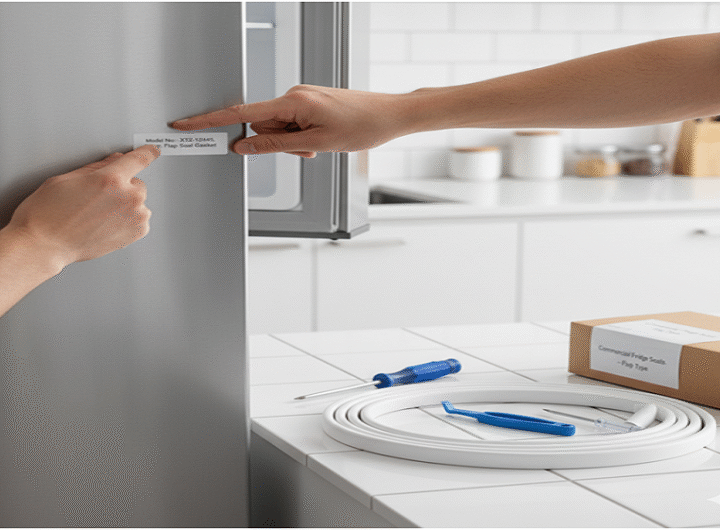 Can I Replace the Fridge Seal Myself?
Can I Replace the Fridge Seal Myself? 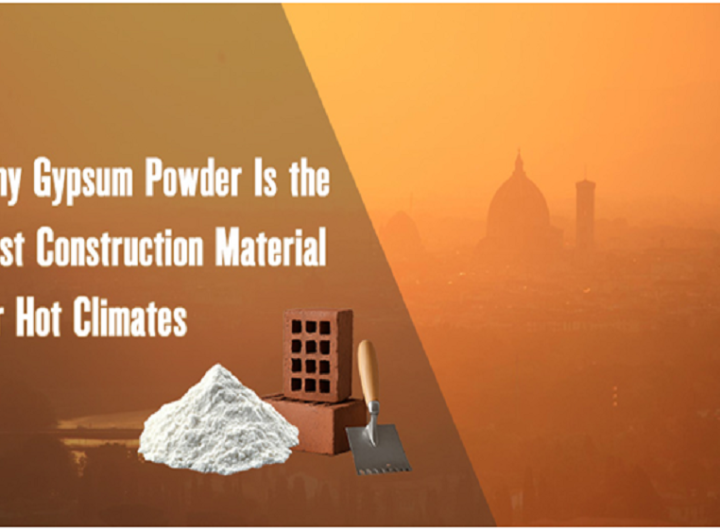 Why Gypsum Powder Is the Best Construction Material for Hot Climates
Why Gypsum Powder Is the Best Construction Material for Hot Climates  5 Surprising Uses of Gypsum Powder Across Different Industries
5 Surprising Uses of Gypsum Powder Across Different Industries 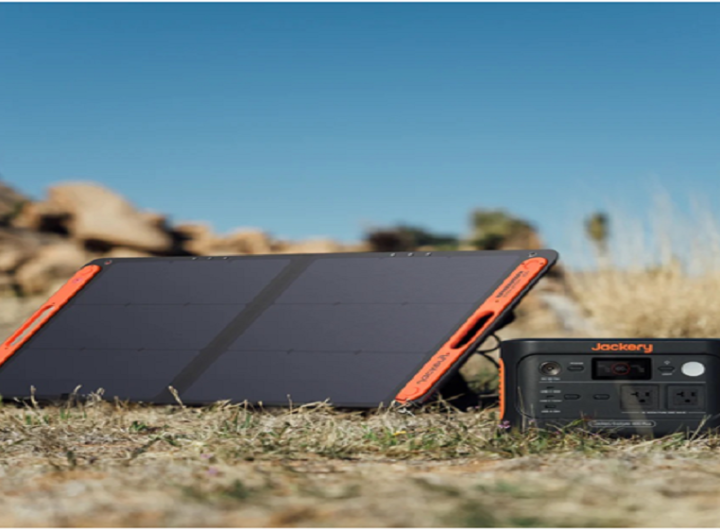 Keeping Cool on Your Summer Camping Trip: Essential Gear and the Jackery Solar Generator 600 Plus
Keeping Cool on Your Summer Camping Trip: Essential Gear and the Jackery Solar Generator 600 Plus  Gypsum in Cement and Plaster: Why It’s Essential
Gypsum in Cement and Plaster: Why It’s Essential 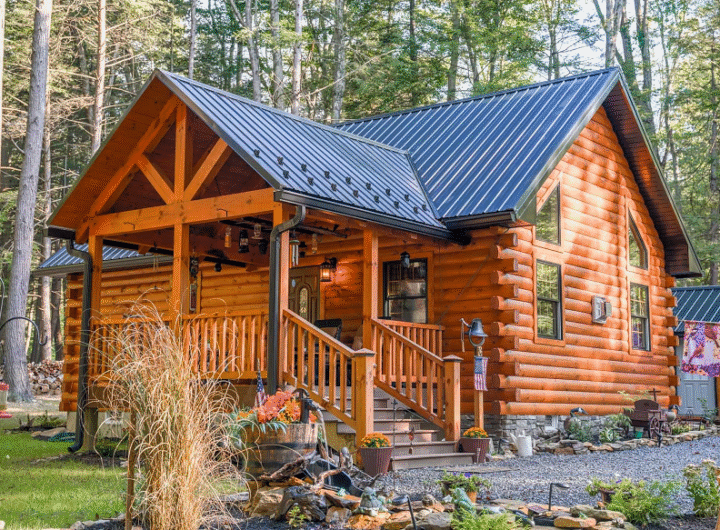 How to Celebrate Christmas in a Log Cabin
How to Celebrate Christmas in a Log Cabin